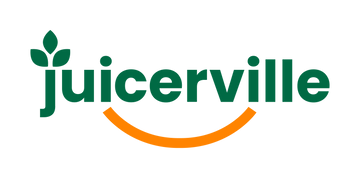Eating fermented foods is a guaranteed way to boost your immunity and improve your health in the New Year.
What are fermented foods?
Fermentation is a process whereby the natural bacteria in food feeds on the sugar and starch and this creates lactic acid, which is that signature sour taste found in fermented foods (think pickles or sauerkraut) -- this process is also known as 'lacto-fermentation.'
This fermentation process creates healthy enzymes, B-vitamins, Omega-3 fatty acids, and probiotics, which sustains a healthy digestive system.
"Good" vs. "bad" bacteria
Eating a balanced diet composed of nutrient-dense foods and consuming probiotics are considered essential components to maintaining good health and an optimal balance of "good" and "bad" bacteria in your body.
The following factors can destroy this delicate balance:
- a diet high in processed foods, hydrogenated fats and refined sugars and grains
- certain medications (antibiotics, painkillers, and birth control)
- urinary tract or yeast infections
- gastrointestinal conditions (inflammatory bowel disease, colitis or stomach flu)
Link between probiotics and digestive health
Probiotics are the healthy or "good" bacteria and yeasts that live naturally in your body. They are mainly found in your digestive system and help your body maintain a healthy balance of microorganisms by reducing the growth of "bad" bacteria. Astonishingly, there are around 100 trillion bacteria in your digestive system -- that's about 10 times more probiotics in your gut than cells in your body!
A healthy digestive system is critical to your overall well-being as it is directly linked to your body's ability to absorb vitamins and minerals, regulate hormones, digest food, produce vitamins, your immune response, and ability to eliminate toxins. Ultimately, when your digestive system is not functioning properly, your health is compromised.
Must-try fermented foods
Getting your daily dose of probiotics has never been easier, especially with these delicious options from which to choose:
- Vegan: kombucha, sauerkraut, pickles, miso, tempeh, coconut yogurt, apple cider vinegar
- Non-vegan: kefir, kimchi, yogurt
To learn more about probiotics and their impact on your health, visit the Canadian Digestive Health Foundation's Guide on Understanding Probiotics.
|
Raw Food Experience Recommended Listening: CBC News interviewed a professor of microbiology at the University of Western Ontario on fermented foods and why they should have their own food group in Canada's Food Guide. You won't believe your ears! |

